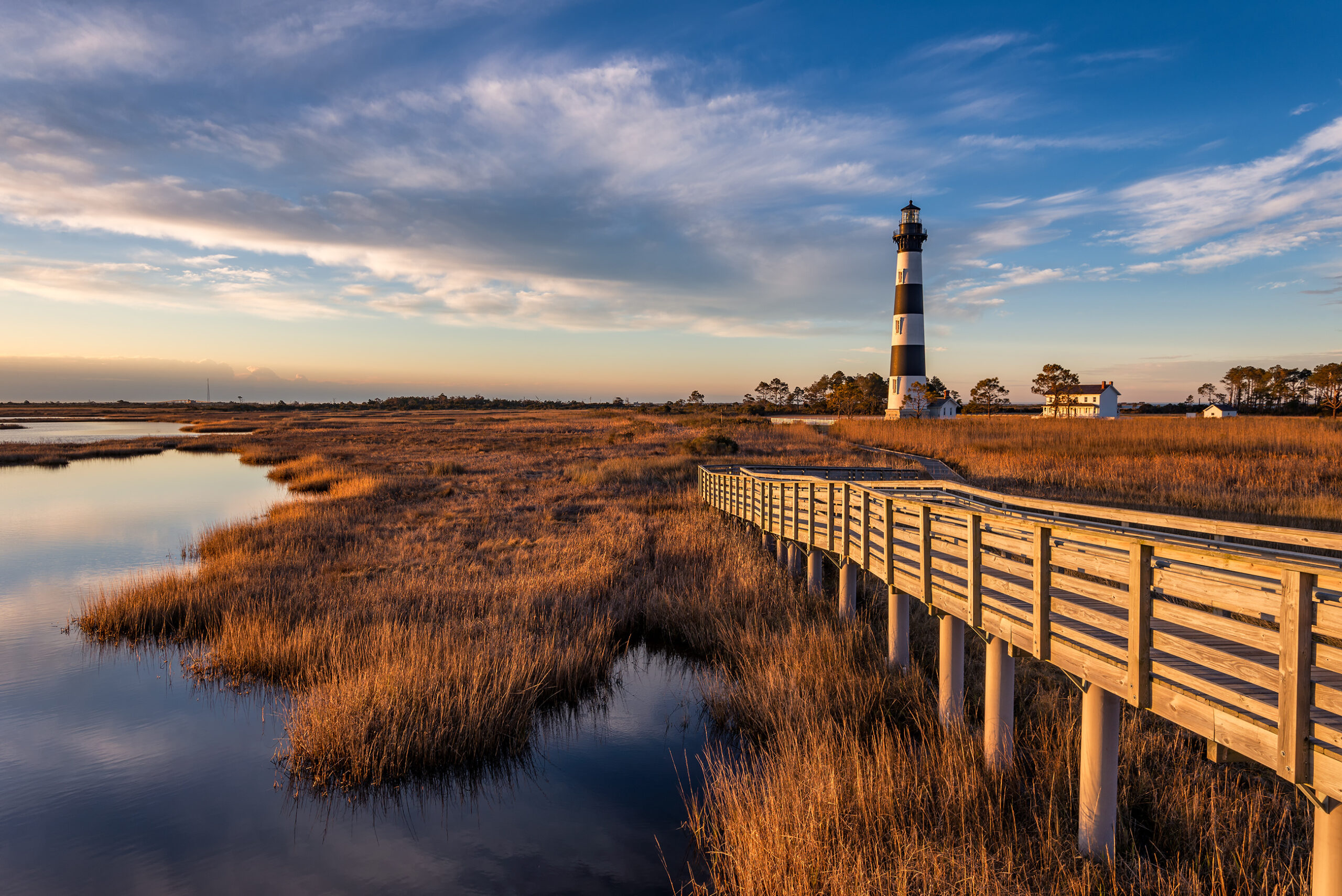
Community Engaged Internship – National Sea Grant Program
Competitive funding opportunities for Sea Grant programs
Funding from the National Sea Grant Office is supporting 40 Sea Grant undergraduate summer internship projects in 2024 and 2025. NSGO funding for internship projects is expected to continue in future years, pending budget approvals. Projects engage interns in place-based research, education, outreach, and/or communication activities, and wherever appropriate, integrate traditional and ecological knowledge with western ways of doing science. This is an opportunity for more programs to participate in the CEI program and returning programs to expand and enhance their internship offerings. Students selected for this opportunity participate in a 4 day in-person field experience hosted by North Carolina Sea Grant in which they travel to a coastal location for immersive learning. (More information about this professional development experience is provided below).
When are project applications due?
Applications are typically submitted in December, and notice of awards goes out in February.
Announcements with exact dates are sent to the Sea Grant basecamp platform.
How are projects selected?
Projects are selected competitively by an external CEI advisory board. (The evaluation criteria is described below.)
How much is each project awarded?
Each award (n=20) will provide $6,000 to support a CEI intern. The expectation is that the $6,000 awards fund 40 hours/week of work for 10 weeks at $15/hour during the summer.
Can interns who are funded by their own Sea Grant programs participate in the in-person experience?
At this time, only the students selected for the NSGO competitive funding opportunity attend the in-person professional development experience. All CEI interns participate in a weekly virtual professional development series.
Who distributes the funding?
Awards are administered by NC Sea Grant and made directly to the CEI interns engaged in selected projects.
What does funding cover?
North Carolina Sea Grant provides the $6,000 stipend. This does not include liability insurance, transportation, or housing. The expectation is that the host program and site will work with their students to establish housing and transportation needed to participate in their internship. NC Sea Grant covers all travel, lodging, and food for the 4 day trip to North Carolina.
For more information about this funding opportunity: Contact Dynestie Robinson, Community Engaged Internship Coordinator, NC Sea Grant at DRobin2@ncsu.edu.
Please note that these NSGO-funded projects are in addition to the projects that Sea Grant programs support. In other words, participation in the CEI program is NOT contingent on receiving this funding award.
Evaluation criteria for internship projects includes the following:
- Are the project outcomes measurable and clearly defined?
- Does the project have a direct connection to a community served by Sea Grant? How is the project responsive to community needs?
- How does the project integrate traditional and/or local knowledge?
- Is the recruitment strategy likely to be successful in securing a broad applicant pool of undergraduate students?
- Is the mentorship strategy clearly described and will the on-boarding/engagement plan likely result in a positive internship experience?
- Can the outlined work be completed by an intern during the internship period?
CEI In-Person
Professional Development Experience
Where
Raleigh and Coastal North Carolina
When
Summer internship is 8 – 10 weeks and generally runs June 1st into August.
Stipend
Interns are paid a stipend of $6,000, with two disbursements: $3,000 at the beginning of June and another $3,000 at the beginning of July.
The internship field experience aims to expose students to interdisciplinary watershed community issues with the following objectives:
- Increase knowledge of freshwater, coastal, and marine science, policy, and community-led topics
- Create a long-term supportive community via facilitated student peer networking;
- Deepen identities as environmental scientists and community leaders
- Observe a diverse ecology and learn from a spectrum of communities addressing complex water management challenges
- Experience all four Sea Grant focus areas: healthy coastal ecosystems, sustainable fisheries & aquaculture, resilient communities & economies, and environmental literacy and workforce development.
Students are introduced to these concepts through a range of activities including: state environmental agency visits, hands-on community fieldwork, and scientific presentations to equip them with a comprehensive understanding of freshwater, coastal, and marine water resource management.
